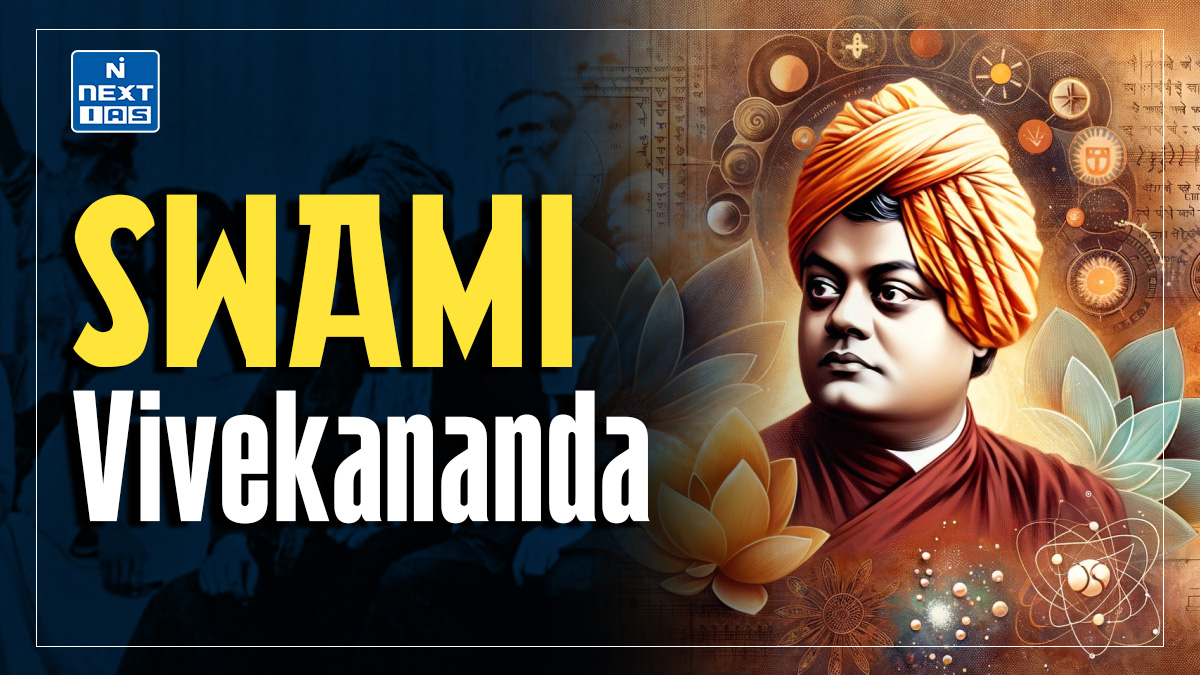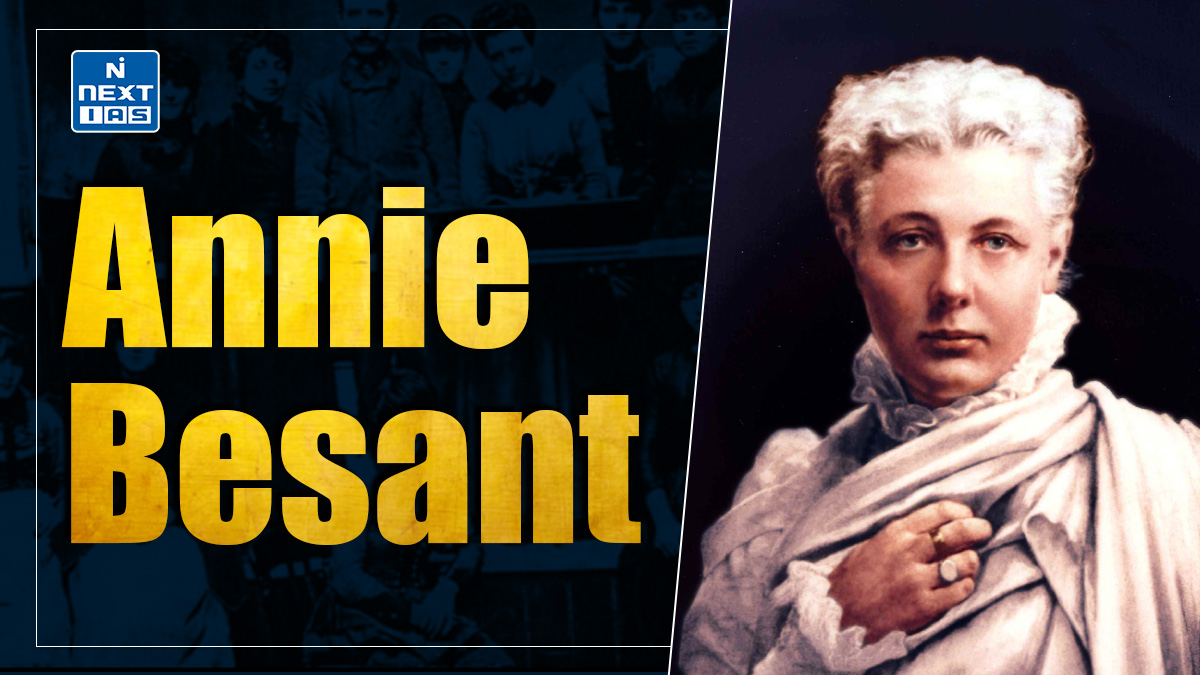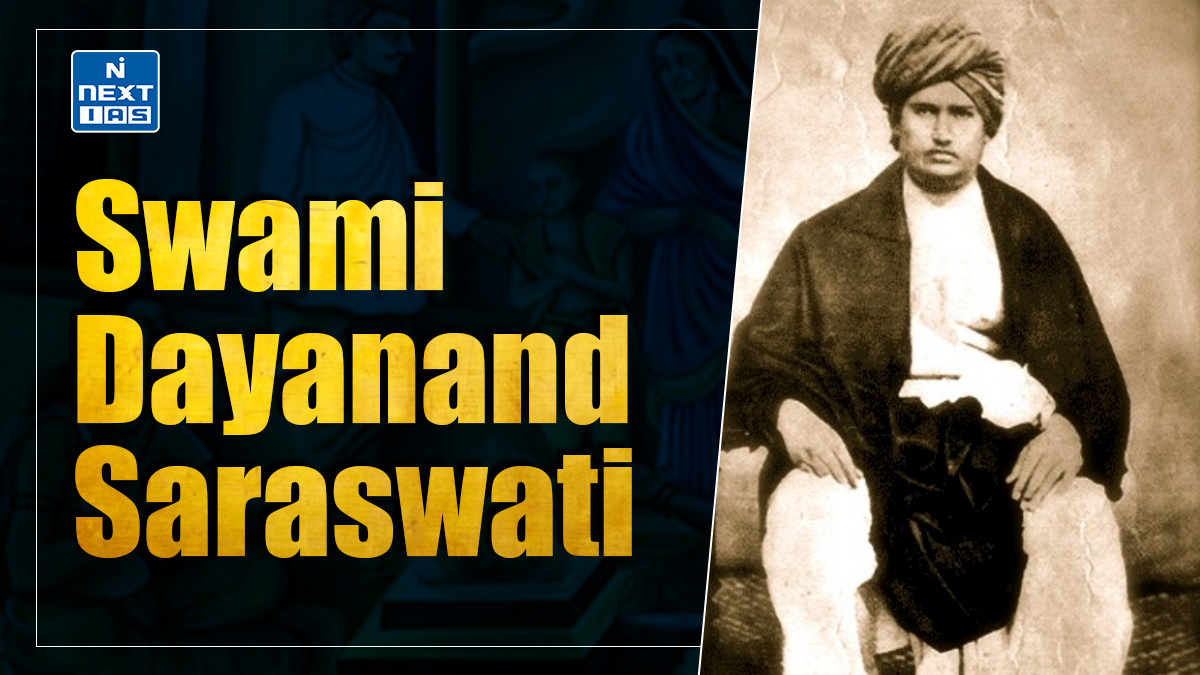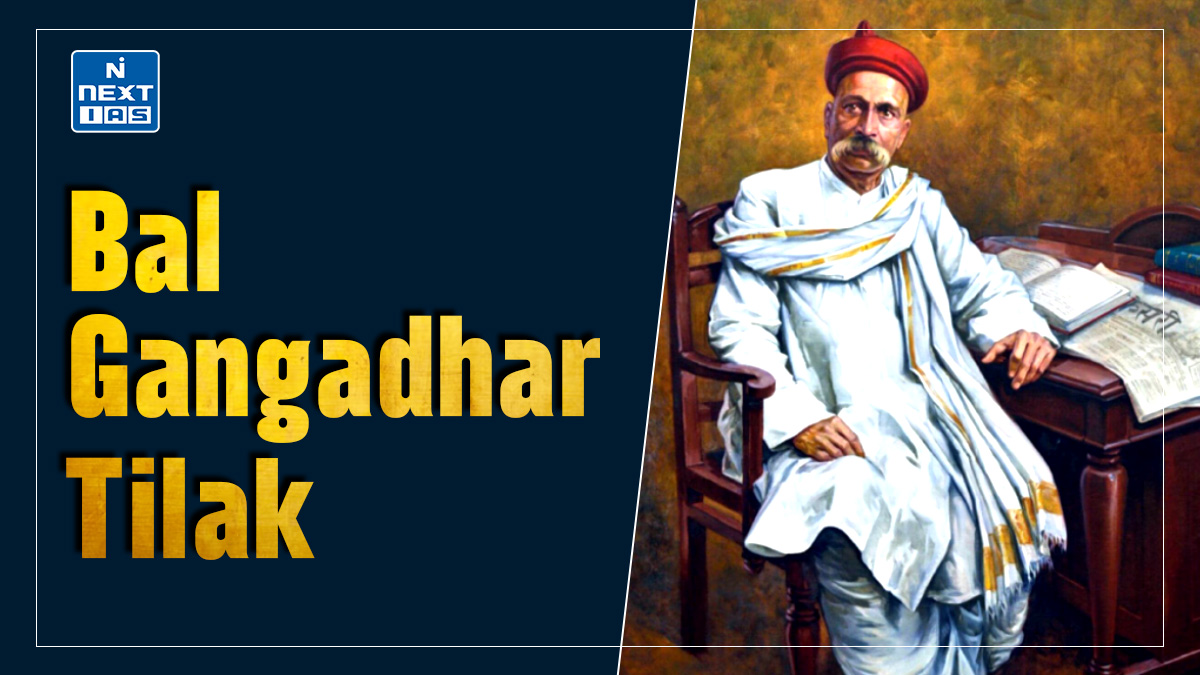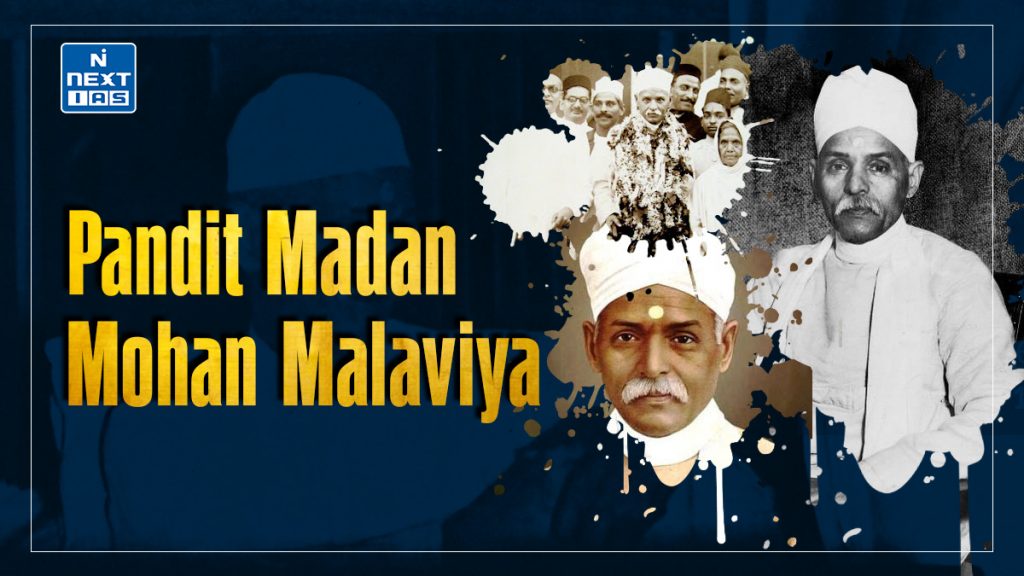
Pandit Madan Mohan Malaviya was a prominent Indian nationalist, social reformer, and educationist. He is best known for founding the Banaras Hindu University in 1916. His contributions to education, the freedom struggle, and social equality have left a lasting legacy in India’s history. This article aims to study in detail his life, ideology, and contributions.
About Pandit Madan Mohan Malaviya
- Pandit Madan Mohan Malaviya, fondly called Mahamana by Rabindranath Tagore, was a distinguished nationalist, social reformer, educationist, and advocate of Hindu unity.
- Born on 25th December 1861 in Allahabad, his life was devoted to India’s independence and upliftment through education, constitutional reforms, and social justice.
Early Life of Pandit Madan Mohan Malaviya
- Pandit Malaviya completed his LLB from Allahabad University, earning a reputation as one of the most brilliant lawyers of his time.
- His legal acumen was complemented by his passion for societal reforms and nationalism, which became the cornerstones of his career.
Contribution of Pandit Madan Mohan Malaviya in Education
- Pandit Malaviya is best remembered for founding the Banaras Hindu University (BHU) in 1916, a monumental institution promoting modern education rooted in Indian values.
- The establishment of BHU was facilitated through the BHU Act of 1915, which was passed in Parliament with his relentless efforts.
- He envisioned BHU as a centre of learning that amalgamated the best of Eastern and Western educational ideals.
- Additionally, he established the Prayaga Hindu Samaj and Bharata Dharma Mahamandal, emphasising education as the key to individual and national development.
Role of Pandit Madan Mohan Malaviya in Indian Freedom Struggle
- Malaviya was actively associated with the Indian National Congress (INC) from its early years, serving as its President four times in 1909, 1918, 1932, and 1933.
- He adhered to moderate politics, advocating constitutional means of achieving self-rule.
- He opposed the Khilafat Movement and Congress’s appeasement policies towards Muslims, emphasizing unity based on mutual respect.
- He also protested against the Simon Commission and played a significant role in the Non-Cooperation Movement, demonstrating his commitment to the nationalist cause.
- Despite his moderate stance, Malaviya firmly opposed the communal award and the separate electorate system.
- Though he signed the Poona Pact on behalf of the Hindus, he later formed the Congress Nationalist Party to protest the pact’s communal provisions.
Social Reforms by Pandit Madan Mohan Malaviya
- Malaviya’s efforts extended to uplifting the marginalised sections of society.
- He actively worked for the untouchables, helping them achieve social equality and access to educational resources.
- As a staunch Hindu nationalist, Malaviya promoted the ideals of Sanatan Dharma and worked towards building a unified Hindu identity, advocating against religious and caste-based discrimination.
Environmental Contributions of Pandit Madan Mohan Malaviya
- Malaviya was also an early environmentalist who was deeply concerned about the conservation of the Ganga River.
- He founded the Ganga Mahasabha to create awareness about protecting this sacred river and influenced the government to legislate for its preservation.
Ideological Beliefs of Pandit Madan Mohan Malaviya
- Moderate Politics: He believed in constitutional reforms and peaceful protests as the means to achieve India’s independence.
- Education as Empowerment: Malaviya considered education the ultimate solution to India’s challenges, leading to his tireless efforts in establishing educational institutions.
- Hindu Nationalism: His vision for a united Hindu society was deeply rooted in the principles of Sanatan Dharma.
- Environmental Awareness: His commitment to preserving the Ganga reflected his holistic approach to societal welfare.
Legacy of Pandit Madan Mohan Malaviya
- Pandit Madan Mohan Malaviya’s contributions left an indelible mark on India’s journey to independence and social reform.
- His work in education, particularly through BHU, stands as a testament to his vision of a modern India.
- The title of Mahamana aptly captures his stature as a respected leader, reformer, and visionary.
Conclusion
Pandit Malaviya’s life exemplifies the transformative power of education, peaceful agitation, and unwavering commitment to societal upliftment. His multifaceted contributions continue to inspire generations, reaffirming his role as one of India’s most revered leaders in the freedom struggle and beyond.
Frequently Asked Questions (FAQs)
Why Madan Mohan Malaviya called Prince of Beggars?
Madan Mohan Malaviya was called the “Prince of Beggars” because of his relentless efforts in raising funds for the establishment of Banaras Hindu University (BHU). He personally appealed to individuals and institutions, often going door-to-door, to secure financial support for his vision of a world-class educational institution.
Why Madan Mohan Malaviya called Mahamana?
Malaviya was called “Mahamana” (a great soul) by Mahatma Gandhi in recognition of his towering contributions to Indian society, particularly in education, social reform, and the Indian freedom struggle. The title reflects his stature as a revered leader and visionary.

